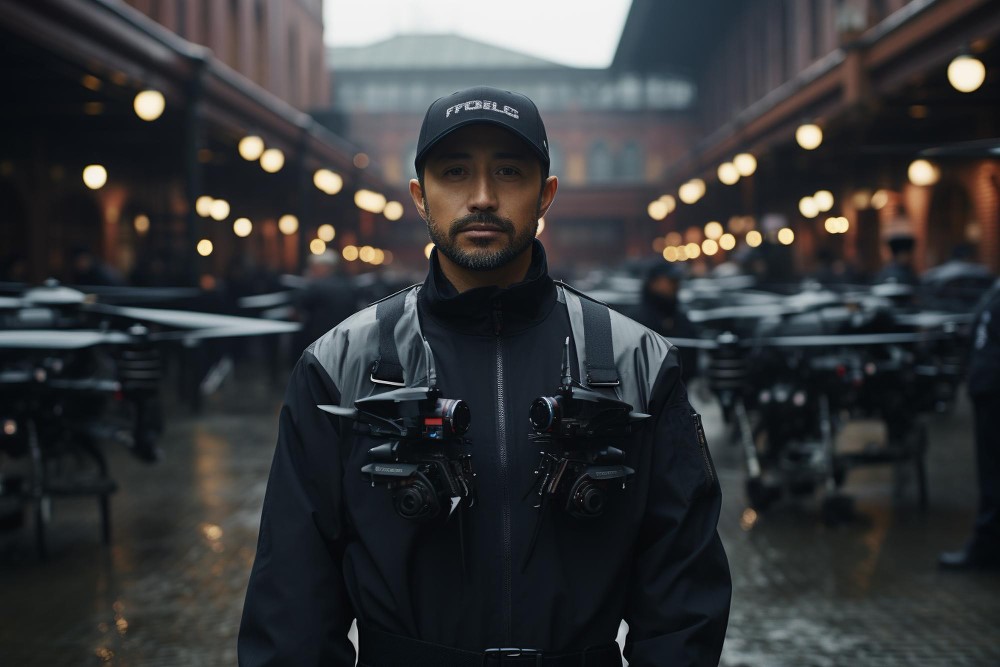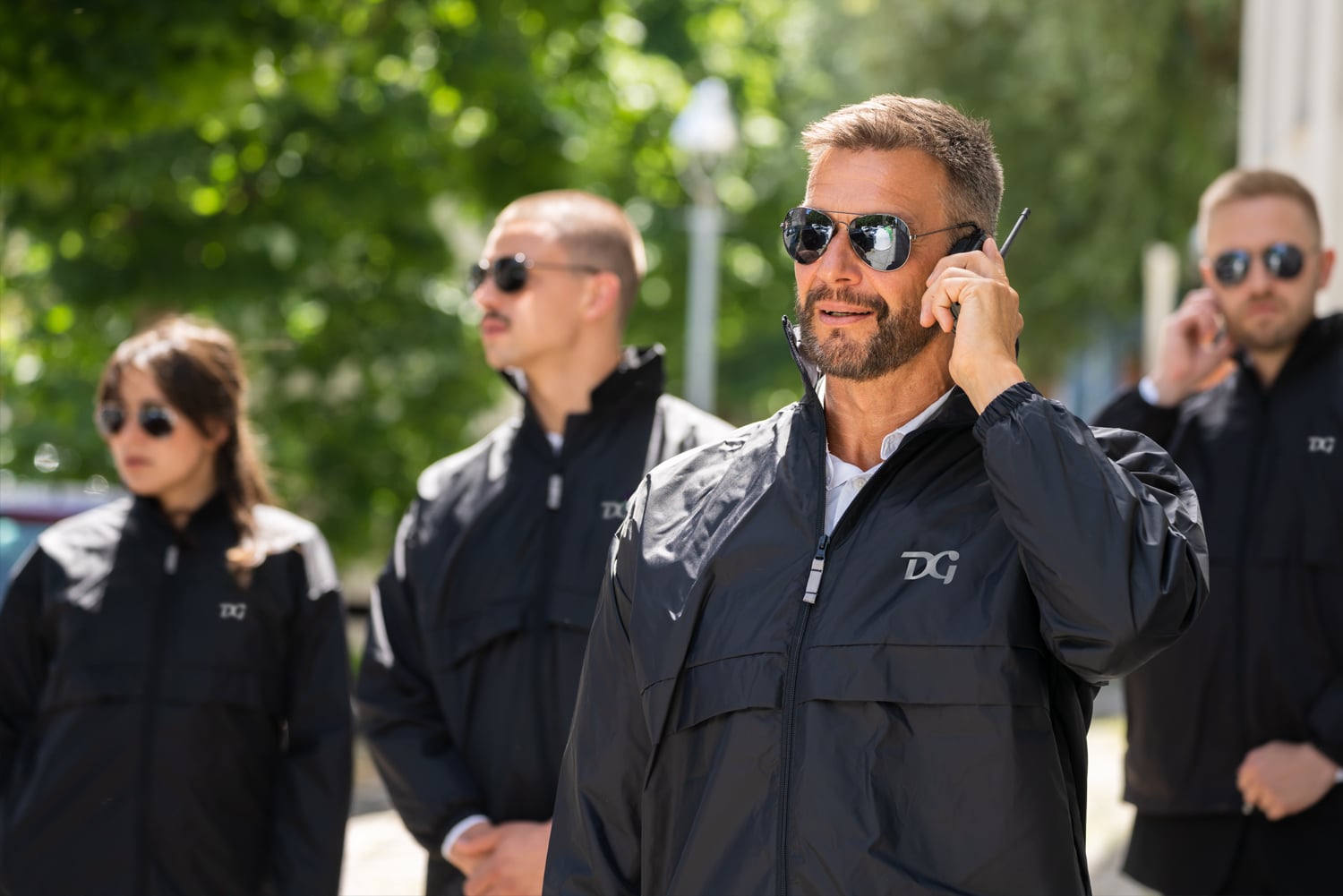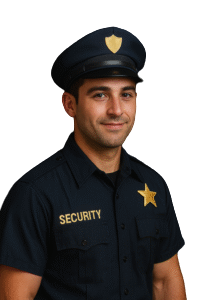
- Home
- Executive Protection
- Top Qualities Employers Look for in Executive Protection Agents
Top Qualities Employers Look for in Executive Protection Agents

What It Takes to Succeed in High-Stakes Personal Security
In the world of personal security, few roles are as demanding — or as respected — as that of an Executive Protection Agent (also known as a bodyguard). These highly trained professionals are responsible for the safety of public figures, corporate executives, celebrities, dignitaries, and other high-value individuals who may face elevated personal risk.
This isn’t your average security job. Employers hiring for executive protection roles are looking for more than strength or experience — they want elite candidates with a distinct blend of skills, traits, and judgment. If you’re considering a career in this high-profile field, here’s what it takes to stand out.
What Is Executive Protection?
Executive protection (EP) is a specialized sector of the security industry focused on proactive threat prevention. Rather than reacting to problems, EP agents are trained to identify and avoid danger before it escalates.
Duties often include:
Route planning & secure transportation
Advance site assessments for meetings or public events
Surveillance detection
Emergency medical response
Travel security
Direct personal protection
This line of work can include long hours, travel, and constant readiness. EP agents are often required to blend in rather than stand out — staying alert, but never intrusive.

Top Qualities Employers Are Looking For
If you want to work in executive protection, these are the critical qualities employers prioritize:
1. Discretion & Confidentiality
Clients trust you with their location, schedule, and personal life. A single slip-up could jeopardize safety or reputation. Employers want candidates who understand how to protect privacy at all costs — both online and in person.
2. Situational Awareness
The ability to read environments and body language in real-time is essential. You’ll need to spot unusual behavior, identify exits, and assess threats within seconds — all while staying calm and collected.
3. Physical Fitness & Tactical Readiness
While this isn’t a Hollywood action movie, EP agents still need to be physically prepared. You may be required to restrain aggressors, assist in emergency evacuations, or move quickly on foot. Tactical training, firearms proficiency, and defensive driving are often required.
4. Strong Communication Skills
From de-escalating public confrontations to coordinating with law enforcement or your client’s staff, communication is everything. You must be assertive yet professional, and able to switch between silent observation and clear instruction.
5. Emotional Intelligence
Knowing when to step back, how to defuse tension, and how to respond to a client’s changing mood can be just as important as physical security. Employers want agents who are not only protective but also intuitive.
6. Training & Credentials
Beyond experience, employers often look for:
Prior military or law enforcement service
Certifications such as Executive Protection Training (e.g., PPS, EP Specialist)
Firearms license and concealed carry permit
First Aid/CPR/AED certification
Crisis management or behavioral analysis training
Red Flags for Employers
Even strong candidates can lose out on executive protection roles due to:
Lack of attention to detail
A “hero” mindset or over-aggressiveness
Poor social boundaries
A history of unreliable behavior or licensing issues
In this industry, professionalism is everything. Clients depend on agents to act with total discipline and discretion — no ego, no showmanship.
How to Prepare Yourself for an EP Career
Get the Right Training – Look for credible EP schools and complete certification programs.
Build Experience – Start in general security roles, VIP event security, or mobile patrol.
Stay in Shape – Maintain physical fitness and practice self-defense regularly.
Network in the Industry – EP is highly referral-based. Connect with instructors, mentors, and professionals.
Maintain a Clean Record – Employers require background checks, often with federal or international scope.
Final Thoughts
Becoming an Executive Protection Agent is a serious career choice that demands discipline, focus, and a desire to protect others — often behind the scenes. If you have the drive to train hard, stay sharp, and act with complete integrity, this could be your path to an elite career in private security.
Looking for a career change? Browse our job listings now!






